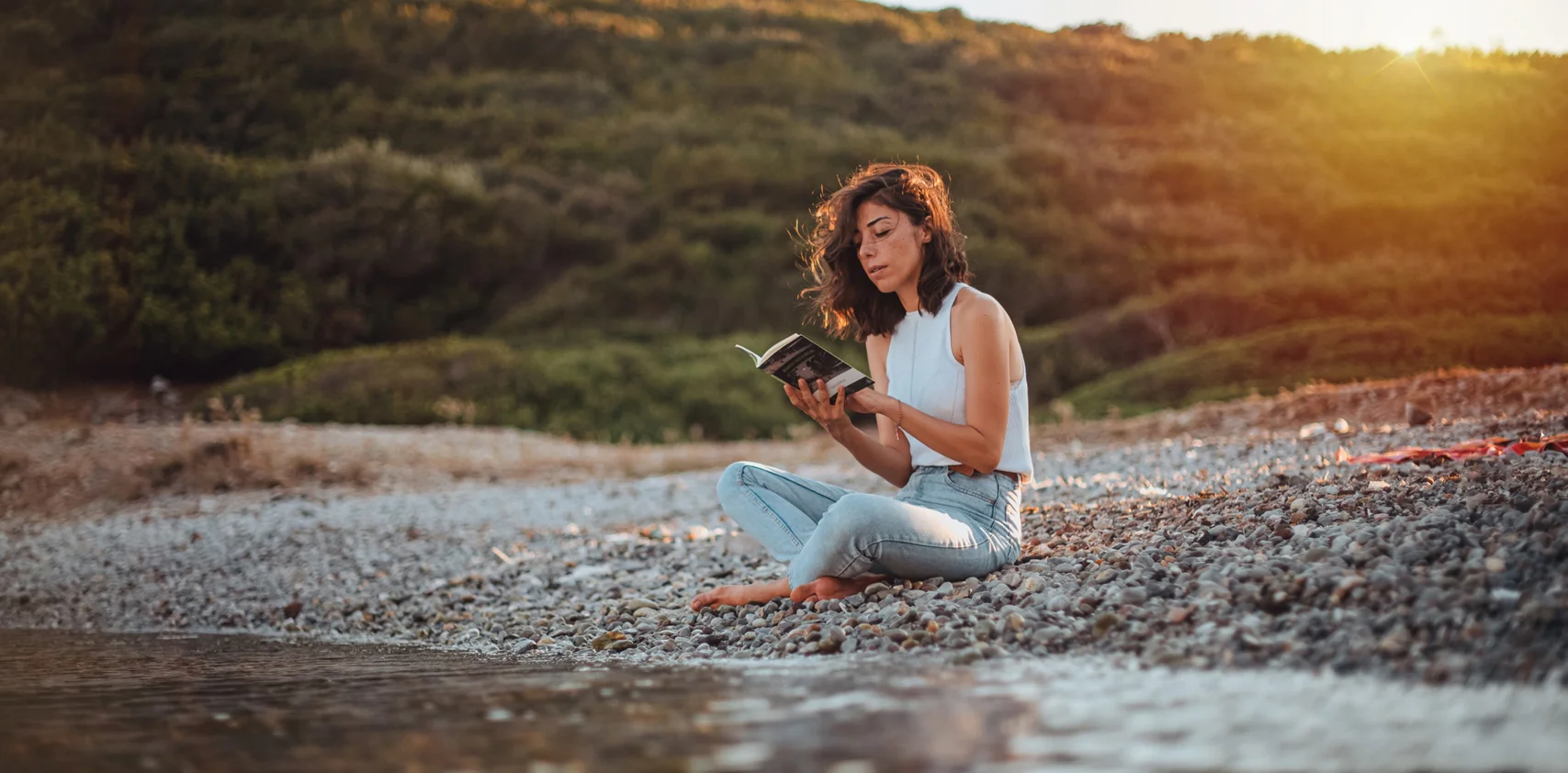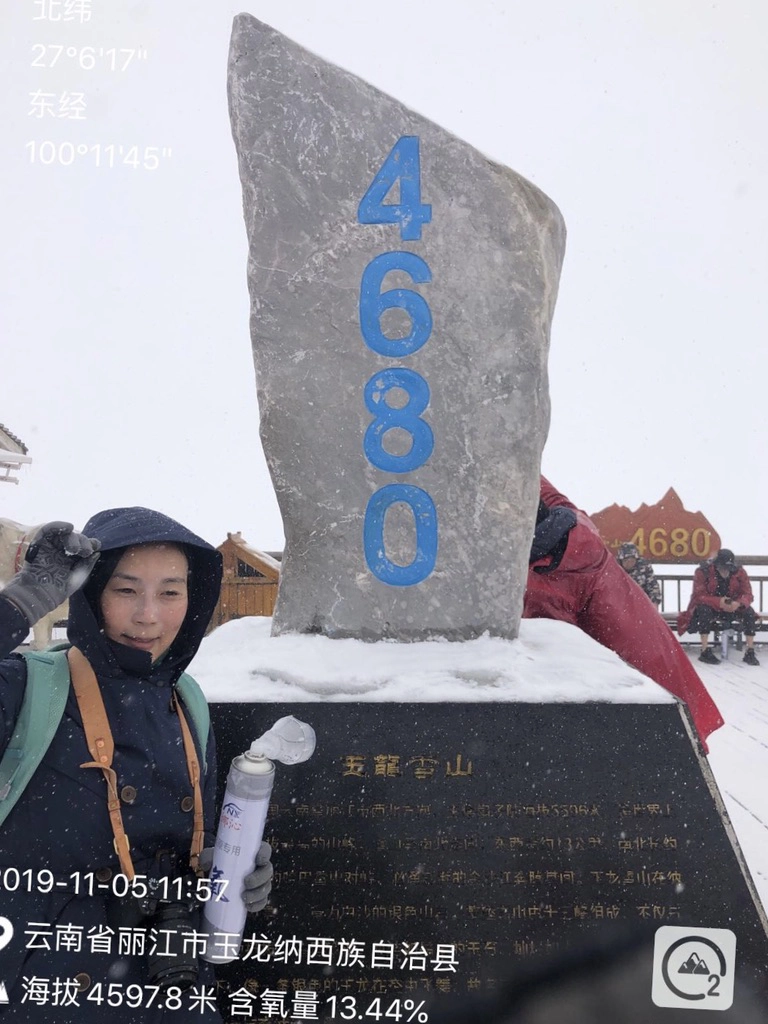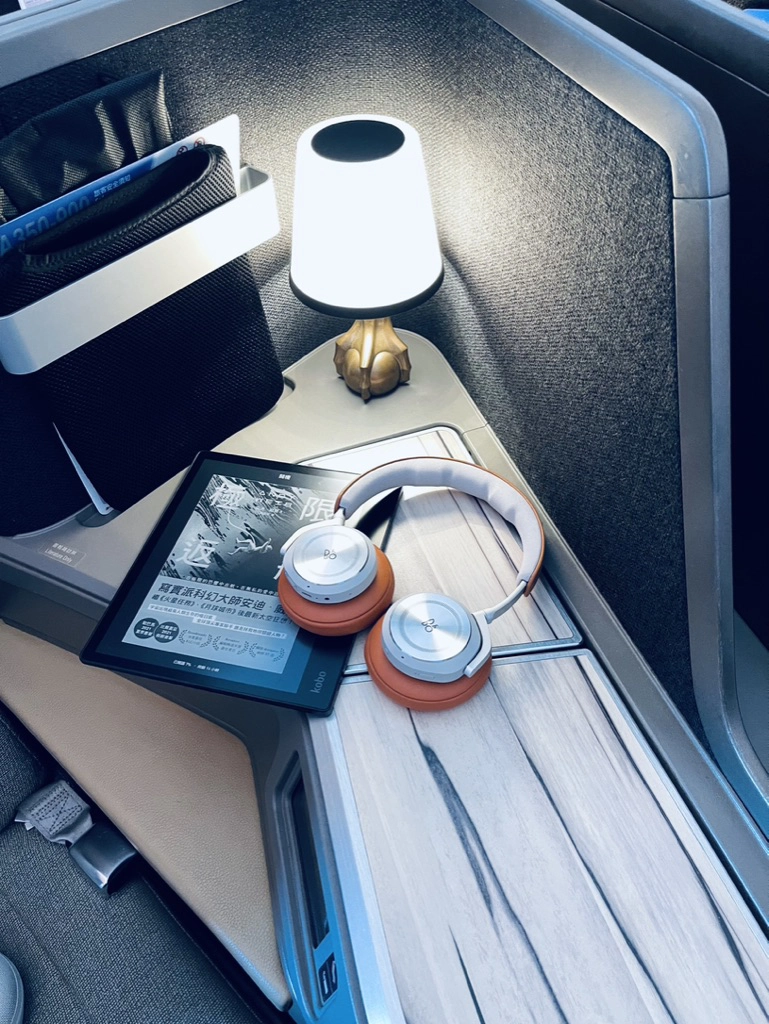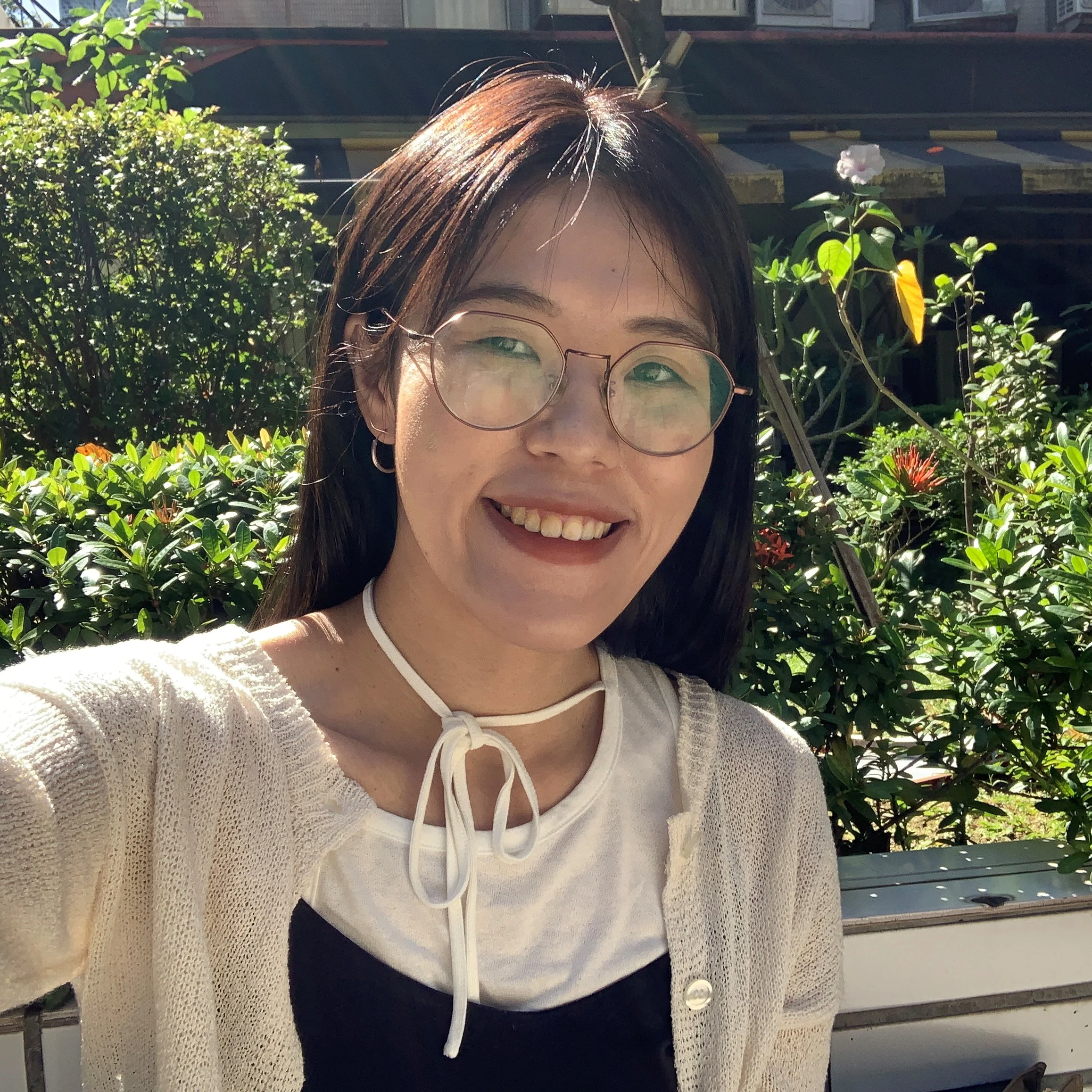Corporate Consultant Elva Lee Exclusive Interview | How Does Travel Magically Relieve My Work Anxiety?
December 9, 2023

Photo by AegeanBlue from iStock
Undergoing a “state change” through travel and resolving the feeling of being mentally tired are essential practices for modern professionals. Corporate consultant / lecturer Elva Lee will share her over 20 years of travel experience in this article.
“It was such a coincidence! I had just booked a flight to Toronto on October when I received your invitation!” Dressed casually, a change from her usual formal attire when teaching project management courses, Ms.Elva Lee came to our office. Even though the topic this time was relatively relaxed, her tablet was still filled with densely written notes.
Traveling alone to other countries for the first time when she was young, she has 24 years of travel experience. She has visited nearly 70 countries and over 600 cities. Aside from a few group tours (like choosing a group tour to Egypt for safety reasons or coordinating with friends' plans), most were solo free-and-easy travels.
What is the charm of traveling that makes her insist on making time for it despite a busy schedule? After some thought, she said that travel was an exceptionally essential form of rest in her hectic daily life, “I want to emphasize that it is the kind that is felt profoundly.”
Why emphasized that “is felt profoundly”? She explained that people inevitably feel physically and mentally tired amidst busy lives. Sufficient sleep might ease physical tiredness, but mental exhaustion is more challenging to resolve with rest or idling. The issue is that many people often don't realize this, thinking that sleep or idling will help, only to feel more tired. As time is wasted, mental anxieties deepen.
In her view, the first thing to do when feeling tired is to identify whether it's physical or mental, “If you still feel tired despite getting plenty of sleep, and feel desperate and powerless when a new day begins, it might not be physical tiredness, but mental exhaustion.”
Physical tiredness requires doing less, but mental exhaustion might require doing more: finding a suitable “state-changing track” to distance oneself from work pressures.
For Elva, travel is a fabulous way to change her state. “Travel is just like project management. Initial planning involves cost, schedule, risks, etc., but unexpected changes often occur after setting off, such as missing a ride or a restaurant being closed, requiring quick adaptations.” She explained.
Limited travel time and unfamiliar external environments naturally lead us into a “relaxed yet focused” state of flow during travel. This so-called “state change” is inadvertently practiced during this process.

The adaptation process has its wonders, simplifying to a “think repeatedly about what you want (like what to eat or where to go) and then quickly satisfying yourself” process. Compared to the frequent feelings of helplessness at work, these opportunities for freedom and self-satisfaction often bring significant healing effects.
“Many people look forward to the destination when it comes to traveling, but I am most fascinated by the journey itself, whether by boat, plane, train, or car...”
Besides relieving stress, travel holds another crucial value for Elva - it aids in thinking. She stated that long-haul flights, a nightmare for many, are her favorite time for contemplation and reading. Even being idle during these times feels like being infused with new energy.
“When the plane is high in the sky, it feels like a magical environment where time and space cannot be clearly defined. I can filter out distractions and receive new insights in this environment filled with white noise. It might be due to being forced to widen my horizons!”she explained.
What does “filter out distractions” mean? She provided an example from her experience as a junior manager, where she frequently faced tough decisions, such as resolving a "human" issue for the organization. Immersed in the work environment, she was constantly preoccupied with immediate concerns like workforce allocation and the team's reactions to changes.
However, during a long flight, in the enchanting environment thirty thousand feet up in the air, she entered a different perspective: looking back years from now, what decision would be best for the organization? This perspective helped her to make a decision finally.

“It's fine if you can't go abroad; taking a train in Taiwan can create such an environment too.” She shared. She has a routine annual train trip around the island, a practice maintained for eight years, sometimes even making a round trip within a day. For her, the journey has one purpose: not for leisure or entertainment but to create an undisturbed environment allowing for focused reading, thinking, and complete rest.
In her journeys, she gains another form of thinking. Many often say that travel experiences and observations can broaden one's horizons. However, to her, broadening their horizons isn't merely about visiting various attractions. It's about personally experiencing different cultures and lifestyles, leading to lesser egocentrism and more gentleness and understanding.
This is, in fact, crucial training for becoming a mature adult. After all, we encounter various people and need to manage different relationships. In an era where global teams prevail, we must collaborate with colleagues and clients from diverse backgrounds. Everyone knows that empathy is essential during such times. However, it is often challenging to truly empathize with others, primarily if we mistakenly believe that our perspective is the sole truth. Immersing oneself in other cultures and having on-ground experiences and observations, according to Elva, is a great way to enhance empathy.
For instance, during our travels, we might experience the intense heat of summer in Taiwan while another region is enduring winter. While Chinese culture treats the concept of ghosts with considerable caution and reverence, Halloween in the United States adopts a different approach. Taiwanese people consider it thoughtful to serve hot tea in restaurants, while Japan prefers to offer cold water to guests regardless of the cold.
Elva noted that frequently navigating such diverse scenarios enables her to intuitively consider others' perspectives, attempting to understand their thoughts and reasons behind their words and actions. “Whether facing divergent opinions on social and political issues or encountering vastly different viewpoints and activities from colleagues at work, I would adopt this approach rather than immediately assuming others are wrong. This is the first step towards empathy.”
Although deeply feeling travel's relaxation and transformative effects, she added at the end of the interview that what might be truly important is not whether one travels but whether we can find a suitable way to change our state in the face of an inevitably exhausting life. If the mere thought of embarking on a journey overwhelms you with stress, then this method won't allow you to enter a restful state, and there might be other options more suitable for you.
How do we find them? She suggested, by showing her tablet, to try and create more special experiences within acceptable limits and feel which activities allow you to gain new energy or become peaceful after completion. “It can be on a small scale or very time-consuming. It could be as simple as taking a different route home after work, watching a movie you've never chosen, or staying overnight in a hotel near your house to create a short, utterly personal time. These have unexpectedly restful effects.”
--
(This article is translated by the Digital Nomad editor group.)
This content is protected by copyright. Please respect the author's work and do not copy or distribute without permission.

Editor Group/鐘敏瑜
Minyu is the editor of 'Digital Nomad' and simultaneously manages the content of 'Darencademy' and 'ProjectUp.' She worked as a reporter for the magazine 'MANAGER Today' and as an editor for the lifestyle channel of 'Storm Media'. Also, she had one year of experience in full-time freelancing. Through this platform, she looks forward to sharing essential knowledge and fascinating stories about the nomadic lifestyle.

